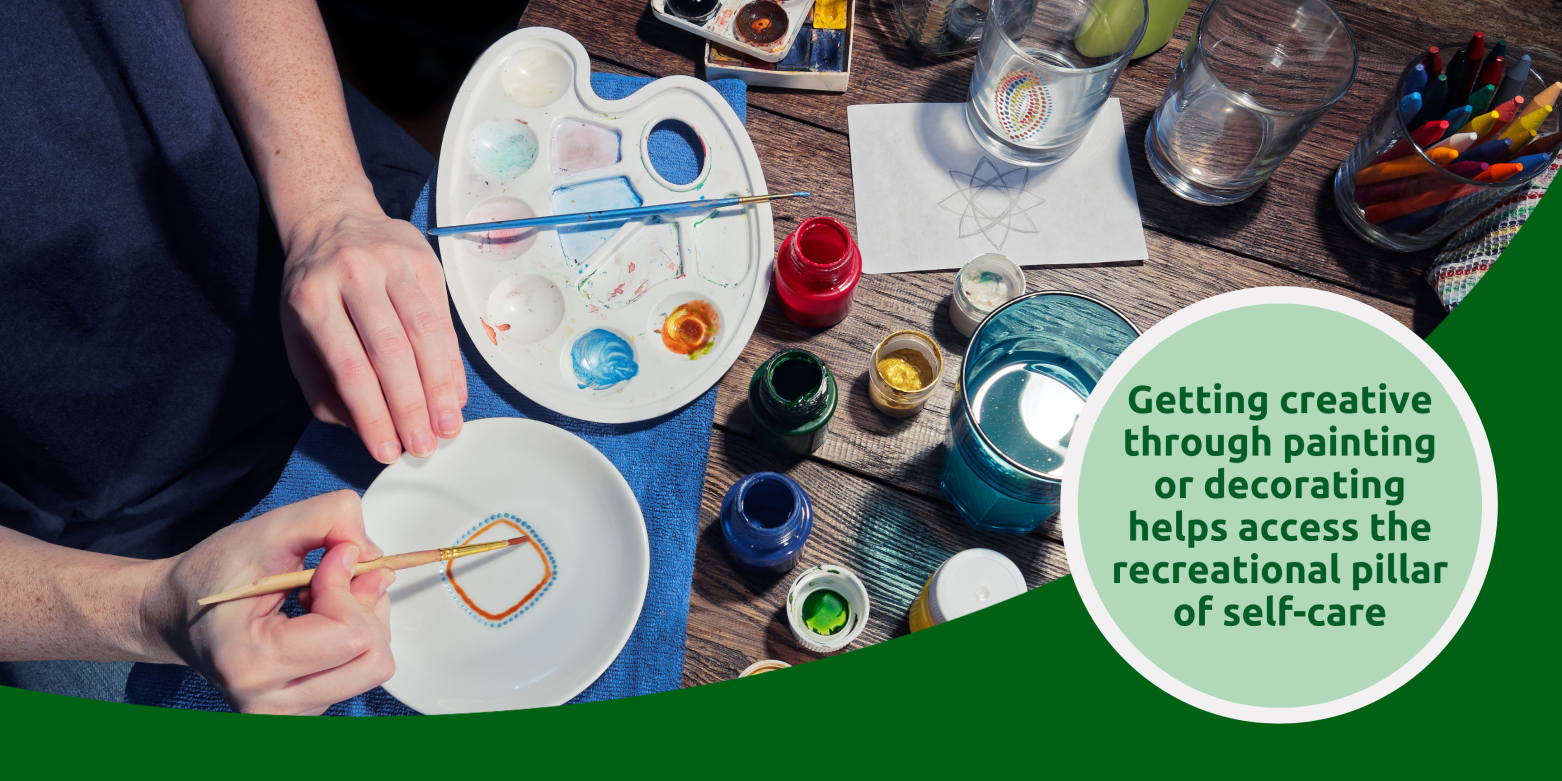
News
Working together, improving lives

Mental Health Awareness Week: The 7 Pillars Of Self Care
As we approach Mental Health Awareness Week, it’s essential we recognise the critical role self-care plays in promoting our mental health and wellbeing, particularly as healthcare workers, with the CDC reporting as many as 22% of professionals feeling symptoms of depression and anxiety, with their working environment cited as a major cause through caregiver stress. There are many ways people and organisations try to identify what good self-care is. One example is through exploring what is referred to as the ‘seven pillars of self-care’. These pillars are supposedly crucial to our wellbeing and inner mental harmony and in today’s blog post, we’re going to explore each of them, how they contribute to positive mental health and how you might be able to use them in your day-to-day life as a healthcare worker.

Mental Self-Care – Mental self-care refers to our emotional, psychological and social wellbeing. Taking care of our mental health involves engaging in activities that promote positive emotions, such as gratitude or mindfulness, cultivating a healthy mindset through habits that we can use throughout our lives. Mental health activities can include; meditation, writing a journal or taking a break from things that clutter your mind.
Emotional Self-Care – Emotional self-care is about our ability to manage and express our emotions in a healthy and productive way. It involves recognising and regulating our emotions, as well as seeking support when we need it most. Tapping into emotional self-care helps to better deal with successes and setbacks and understand ourselves better. Tasks can include; listening to your favourite music, reminding yourself of positive affirmations and establishing boundaries and expectations.
Physical Self-Care – This refers to our physical well-being and involves engaging in regular physical activity, getting enough ‘good’ sleep (read our blog on this HERE), eating a balanced and nutritious diet and creating routine. When you practice these activities, you can increase energy levels and boost self-esteem. Ways to incorporate this into your daily routine include; eating meals at regular times, drinking water more often and trying a new workout video or class.

Environmental Self-Care – This involves creating a safe, comfortable and nurturing environment around you in order to feel more at ease and create a feeling of belonging. This can include decluttering or organising your living or office space, surrounding yourself with positive and uplifting people and spending time in and around nature.
Spiritual Self-Care – Spiritual self-care involves nurturing your spiritual needs and beliefs with practices that give you a sense of purpose, direction or meaning in life. Dedicating time to this can make you feel more grounded and ways to do this can include; getting outdoors during warmer spells, identifying what is meaningful to you and contributing to something outside of the ordinary, be it a project, charitable organisation or event.
Recreational Self-Care – This pillar refers to your ‘inner child’ and is all about accessing feelings of joy through new hobbies, activities or experiences. Recreation is a great way to forget your other worries and activities can include; doing something creative like painting or decorating, going on a solo adventure or playing a game on your phone, console or computer.
Social Self-Care – The final pillar, is all about connecting with yourself and those around you. It’s important to connect on a regular basis and cultivating a healthy relationship with those you care about. There are ways you can do this, such as spending time with the company of those you like, calling or video-calling with friends and relatives if you don’t want to leave the house and finding a community you can contribute to, such as a Reddit forum or blog.

As explored above, each pillar of self-care is considered essential in promoting overall strong mental health and wellbeing. It may be difficult to prioritise all seven of these pillars particularly with a busy work schedule, so it is important to identify which areas you may need to focus on most and make deliberate efforts to incorporate them into your daily routine. Perhaps start by trying to incorporate one activity or element from each of the seven pillars into each of the days of the week, mental self-care on Monday, emotional self-care on Tuesday and so on. By taking opportunities to take care of yourself, even in small ways, you could find ways to make life less stressful, more rewarding and simpler.
